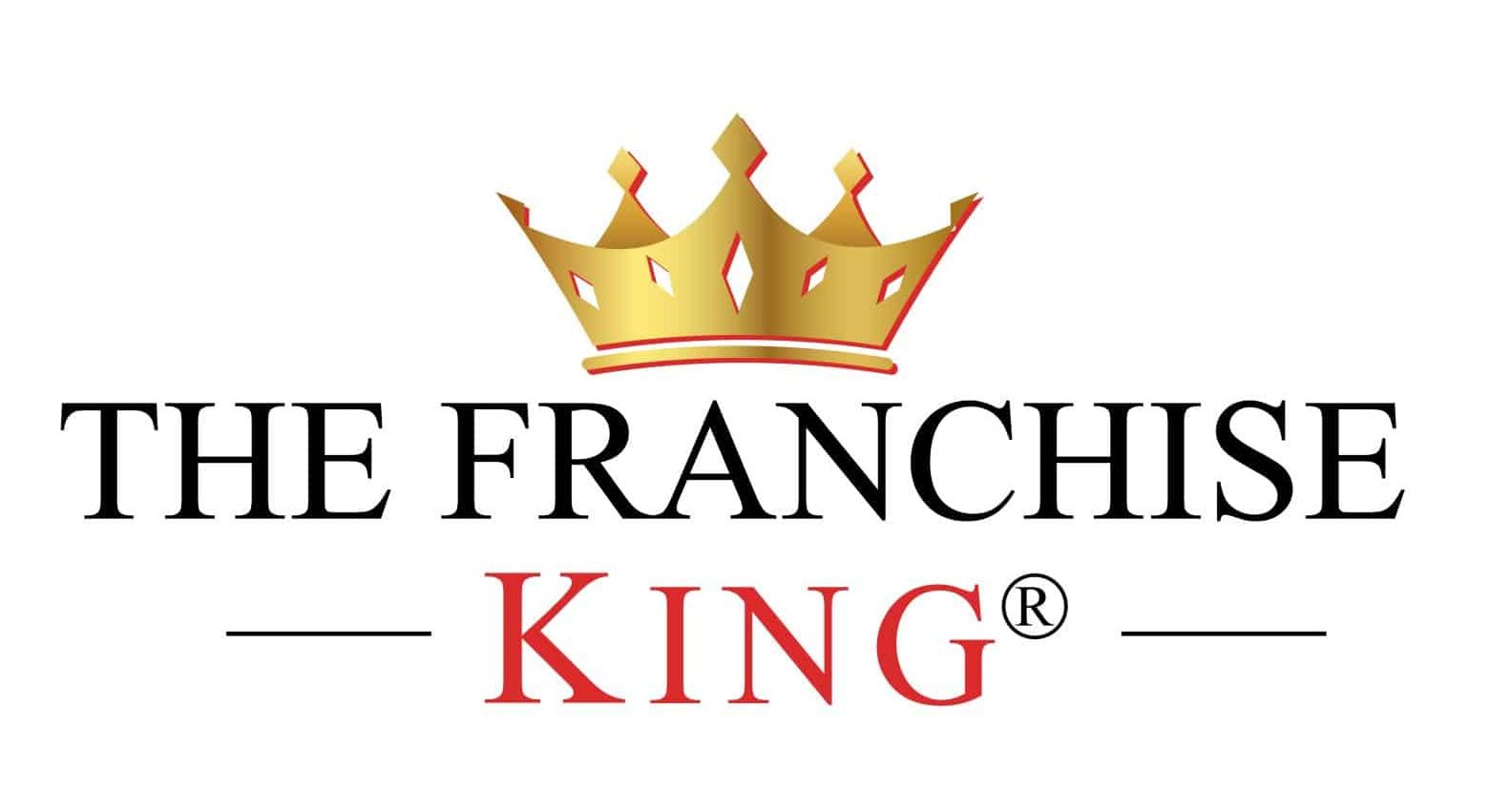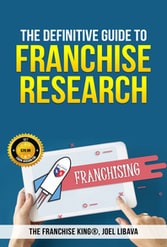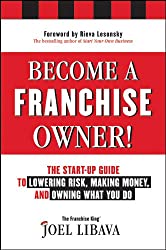Many aspiring entrepreneurs consider various options to fund their ventures. One question that often arises is whether you can use your 401k to buy a franchise.
The answer: yes you can!
If you’re qualified, you can use some of your retirement funds to finance a portion of your franchise business start-up.
To qualify, you must have at least one of these;
- IRA
- 401 {K}
- 403 {B}
- 457 {For Government agencies}
- SEP
- Simple Plan
- Annuity Plan
- Defined Benefit Plan
- Profit Sharing Plan
- Cash Balance Plan
- Money Purchase Plan
- Rollover Plan
- Employee Stock Ownership Plan
I’ve covered this topic several times in the past few years, and whenever I do, I hear comments from well-meaning accountants who are very risk-averse to begin with, and who don’t have all the facts about using your 401K to buy a franchise. And that’s unfortunate.
What Is A 401K Plan?
Firstly, let’s clarify what a 401(k) plan is.
A 401(k) is a retirement savings plan sponsored by an employer that allows employees to save and invest a portion of their paycheck before taxes are deducted. These plans typically offer a range of investment options, such as mutual funds or company stock. And you have options.
Use Your 401k To Buy A Franchise: The Rollover Option
One way to access funds from your 401(k) for business purposes is through a rollover.
This involves transferring the funds from your current employer’s 401(k) plan into a new retirement account, such as a self-directed individual retirement account (IRA). With a self-directed IRA, you have more flexibility in how you invest your retirement savings, including the option to invest in your own business.
Using ROBS (Rollovers as Business Startups)
Another option, known as Rollovers as Business Startups (ROBS), allows you to use your retirement funds to buy a franchise business-or even acquire one that’s up and running. Or even for real estate investments; specifically for starting a real estate operating or property management company. And you may be able to do it all without incurring early withdrawal penalties or taxes. Here’s how it works:
- Create a C Corporation: You establish a C corporation, which is a separate legal entity from yourself. This is a crucial step as it allows for the implementation of the ROBS strategy.
- Set Up a New 401(k) Plan: The C corporation sponsors a new 401(k) plan, into which you roll over funds from your existing retirement account(s).
- Invest in Your Business: The newly formed 401(k) plan purchases stock in the C corporation, providing capital for your business venture.
The good news?
You don’t have to figure all of this out on your own.
That’s because there are several companies that specialize in helping people who want to look into using a portion of their retirement funds buy a franchise business or an independent business.
Note: I’m comfortable with these plans, as long as the paperwork is perfect, and the prospective business owner is in a good position to leverage his or her plan.
Are you interested in looking into this?
Do you want to use your 401(k) plan to buy a franchise?
Go here to learn how to do this right perfectly.
About the Author
The Franchise King®, Joel Libava, is a leading franchise expert, author of "Become a Franchise Owner!" and "The Definitive Guide to Franchise Research." Featured in outlets like The New York Times, CNBC, and Franchise Direct, Joel’s no-nonsense approach as a trusted Franchise Ownership Advisor helps aspiring franchisees make smart, informed decisions in their journey to franchise ownership. He owns and operates this franchise blog.
Note: When you buy through links on this website, we may earn an affiliate commission.










